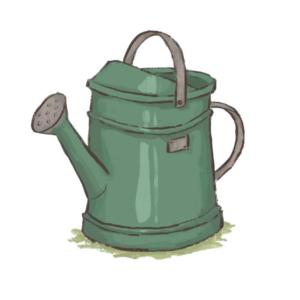
Keeping your mahi responsive, reflective, and growing
What this means
Just like a garden needs regular watering to thrive, social impact needs ongoing learning. Learning in action means making space to pause, reflect, adapt—and keep growing. It’s not an add-on; it’s how change becomes sustainable.
This is about turning insights into action—without waiting for a final report.
Why it matters
- Keeps your mahi responsive to what’s really happening
- Helps you improve over time, not just prove success
- Strengthens culture, capability, and accountability
- Builds a mindset of curiosity and care across your team
Key questions to reflect on
- What are we learning as we grow?
- What’s working, and what’s not?
- Are we creating space to reflect—not just react?
- How do we share learning across our team and partners?
- Who are our learning allies? Learning deepens when shared.
Practical tips
- Set a regular time for reflection—individually and as a team
- Keep learning light and actionable (e.g. short debriefs, voice notes, “learning logs”)
- Encourage a culture where mistakes are seen as learning moments
- Share insights with funders and communities—not just results
Resources
Check out the Toolshed for more practical tools
Links to examples
🔗 The Niho Taniwha was developed from working with whānau, communities and systems. It is grounded in Aotearoa and draws respectfully from mātauranga Māori. Use these reflection questions as a guide and adapt them for your kaupapa and mahi:
🔗 Check out the local tool for reflecting and learning with whānau and community
🔗 Hautū Waka March 2024 — The Lab
🔗 Inspiring Communities – Learning and adaptation guide
🔗 Tamarack Institute, Single, Double and Triple Loop Learning Tool
Continuous learning sustains impact and growth.

The Seedling
Defining Your Intention

The Roots
What Good Looks Like

The Sunflower
Measuring What Matters

The Harvest Basket
Sharing Impact
